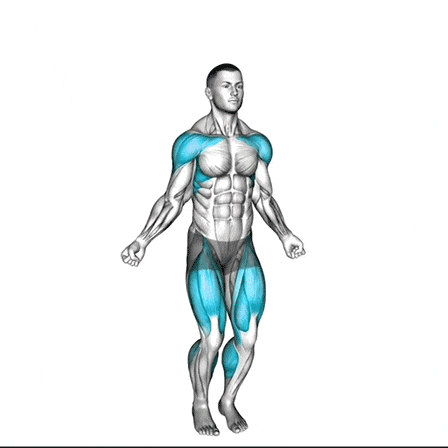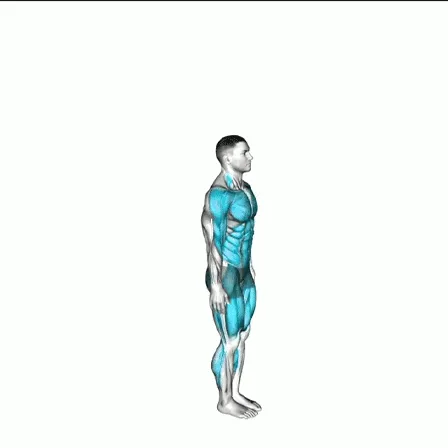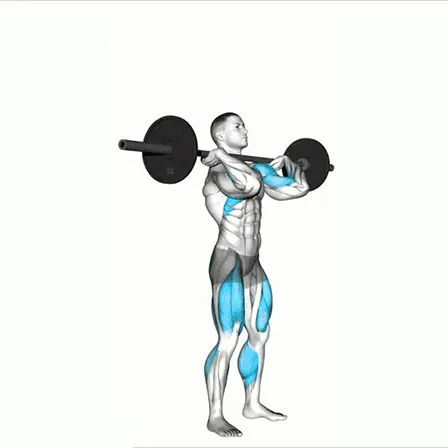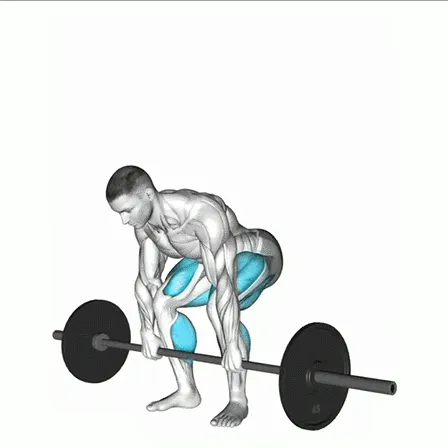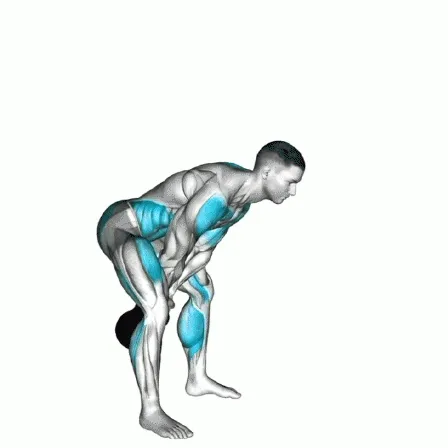Skipping: The Underrated Cardio Workout
Skipping, also known as jump rope training, is one of the most effective yet underrated cardio workouts. It’s a full-body exercise that not only burns calories quickly but also improves coordination, agility, and stamina. Unlike heavy gym equipment, a skipping rope is affordable, portable, and versatile—making it a perfect workout for both beginners and advanced athletes. Whether you’re aiming to lose fat, improve conditioning, or add variety to your training, skipping is a fun and powerful way to level up your fitness.
Instructions
1. Choose the Right Rope
-
Beginners: Start with a lightweight rope for easier handling.
-
Advanced athletes: Use a heavier rope to add resistance and intensity.
2. Grip the Handles Correctly
-
Hold the handles firmly but not too tight to prevent wrist strain.
-
Position your hands around waist height with elbows slightly bent.
3. Maintain Proper Posture
-
Stand tall with your chest open.
-
Engage your core for stability.
-
Relax your shoulders to avoid unnecessary tension.
4. Master the Jumping Technique
-
Jump only high enough to clear the rope to reduce joint impact.
-
Keep jumps small and controlled, landing softly on the balls of your feet.
-
Avoid excessive bouncing or high jumps.
5. Focus on Wrist Movement
-
Rotate the rope with your wrists, not your arms.
-
Use small, quick wrist rotations for speed and efficiency.
6. Control Your Breathing
-
Inhale through the nose and exhale through the mouth.
-
Maintain a steady breathing rhythm to improve endurance.
Tips for Effective Skipping
Start Slow and Build Up
-
Begin with short sets of 30–60 seconds.
-
Focus on correct form before increasing speed or duration.
Practice Double Unders
-
A double under means the rope passes under your feet twice in one jump.
-
Practice timing and speed by adding a few double unders between normal jumps.
Vary Your Jumping Styles
-
Alternate between foot jumps, crisscross jumps, or side-to-side jumps.
-
This adds variety, improves coordination, and prevents boredom.
Add Skipping to Conditioning Workouts
-
Combine skipping with bodyweight moves like push-ups, burpees, and squats.
-
Use it as a warm-up, finisher, or part of a CrossFit-style circuit.
Track Your Progress
-
Record your best streaks, duration, or number of double unders.
-
Set weekly or monthly goals to keep improving.
Avoid Common Mistakes
-
Don’t jump too high—it wastes energy.
-
Avoid flaring your arms or stiffening your wrists.
-
Keep movements consistent and controlled.
Benefits of Skipping
-
Improves cardiovascular health by increasing heart rate and stamina.
-
Burns calories efficiently, making it a great fat-loss exercise.
-
Strengthens lower body muscles including calves, quads, and glutes.
-
Boosts coordination and agility, enhancing athletic performance.
-
Portable and affordable workout—requires only a skipping rope.
-
Enhances endurance and speed, making it ideal for sports and fitness training.
Skipping is a simple yet powerful cardio exercise that delivers full-body benefits. Whether you’re aiming for fat loss, endurance, or athletic conditioning, skipping can be easily integrated into your workouts. With proper technique, consistent practice, and progression, it can become one of the most effective tools in your fitness journey.
